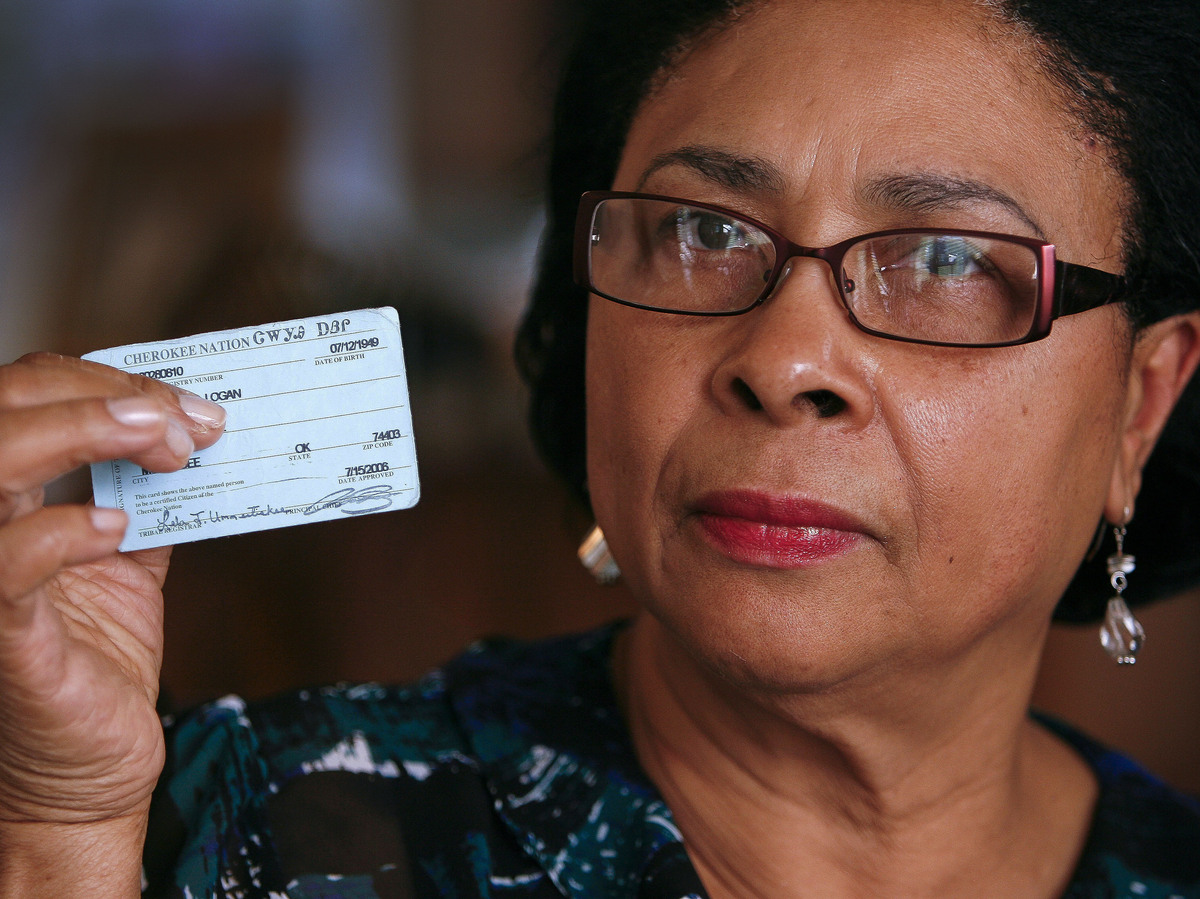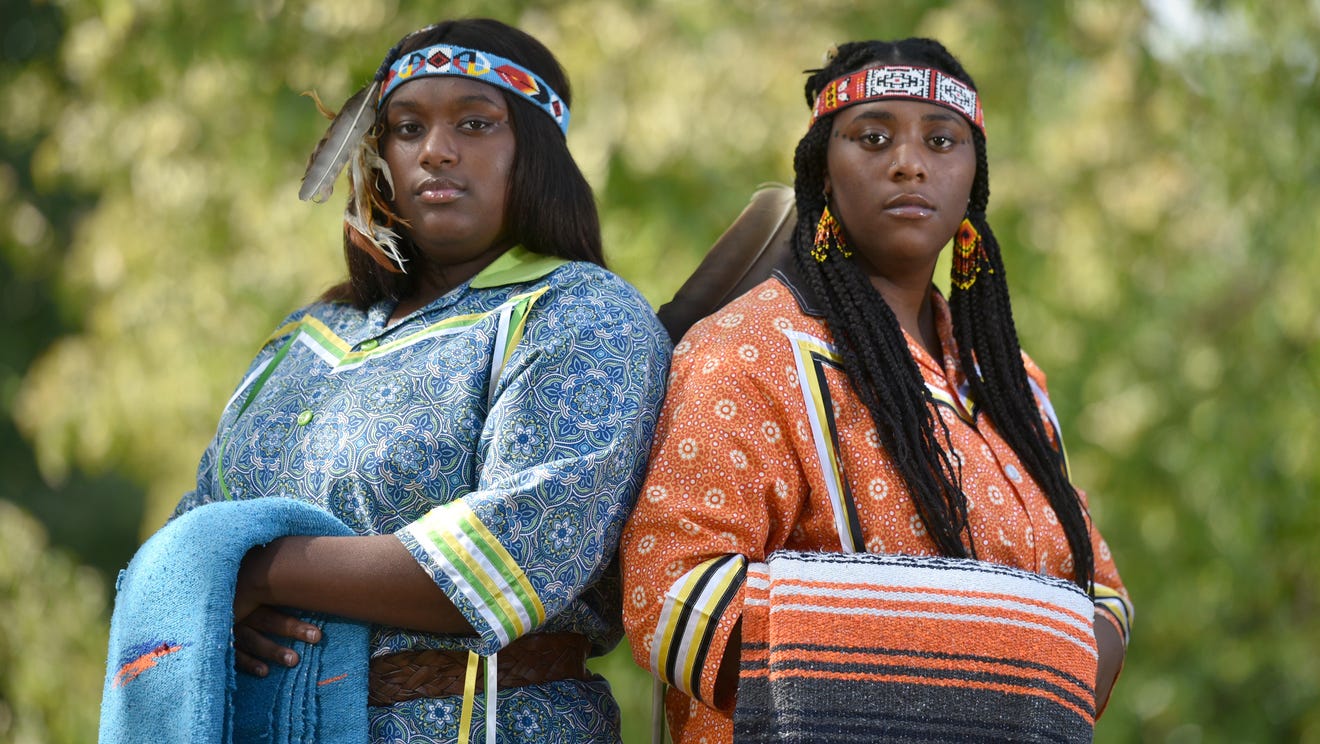The Performance of Racial PassingPosted in Articles, Communications/Media Studies, Literary/Artistic Criticism, Media Archive, Passing, United States on 2021-03-08 01:47Z by Steven |
The Performance of Racial Passing
The New York Times Style Magazine
2021-03-02
 The author Nella Larsen, photographed in 1934 by Carl Van Vechten. Carl Van Vechten, ©Van Vechten Trust, Courtesy of the Beinecke Rare Book & Manuscript Library, Yale University |
Though Nella Larsen’s classic 1929 novel is understood to be a tragedy, it also exposes race to be something of a farce.
This article is part of T’s Book Club, a series of articles and events dedicated to classic works of American literature. Click here to R.S.V.P. to a virtual conversation, led by Brit Bennett, about “Passing,” to be held on March 9.
There’s a scene in the 1959 melodramatic film “Imitation of Life” that I have seen dozens of times, but it’s not the one you’re probably imagining: the climatic funeral scene where Sarah Jane Johnson, a young Black woman passing for white, flings herself onto the casket of the dark-skinned mother she has spent the entire film disowning. Instead, the scene that sticks with me is halfway into the movie, when Sarah Jane meets up with her white boyfriend, who has secretly discovered that she is Black. “Is your mother a nigger?” he sneers, before beating her in an alley.
I’m not proud to admit that in elementary school, my best friend and I used to watch this scene over and over again, not because we thought it was tragic, but because we found it funny. The frenetic music in the background, the melodramatic slaps, Sarah Jane’s slow crumple to the asphalt. We knew we were wrong to laugh, but we were too young to take much seriously, let alone a character like Sarah Jane, whom we found more pitiful than pitiable. We’d watched her mope through the whole movie about not wanting to be Black. Well, fine. Go see how she likes it over there.
In a strange way, the beating scene itself is almost structured like a joke. Part of the pleasure of a passing narrative is watching the passer fool her audience; in this scene, however, the audience is aware while the passer is not. Sarah Jane asks her boyfriend to run away together, the boyfriend pretends to consider it. He only has one question: Is it true? Sarah Jane laughs, unsuspecting. Is what true? But of course, we already know the punchline…
Read the entire article here.





